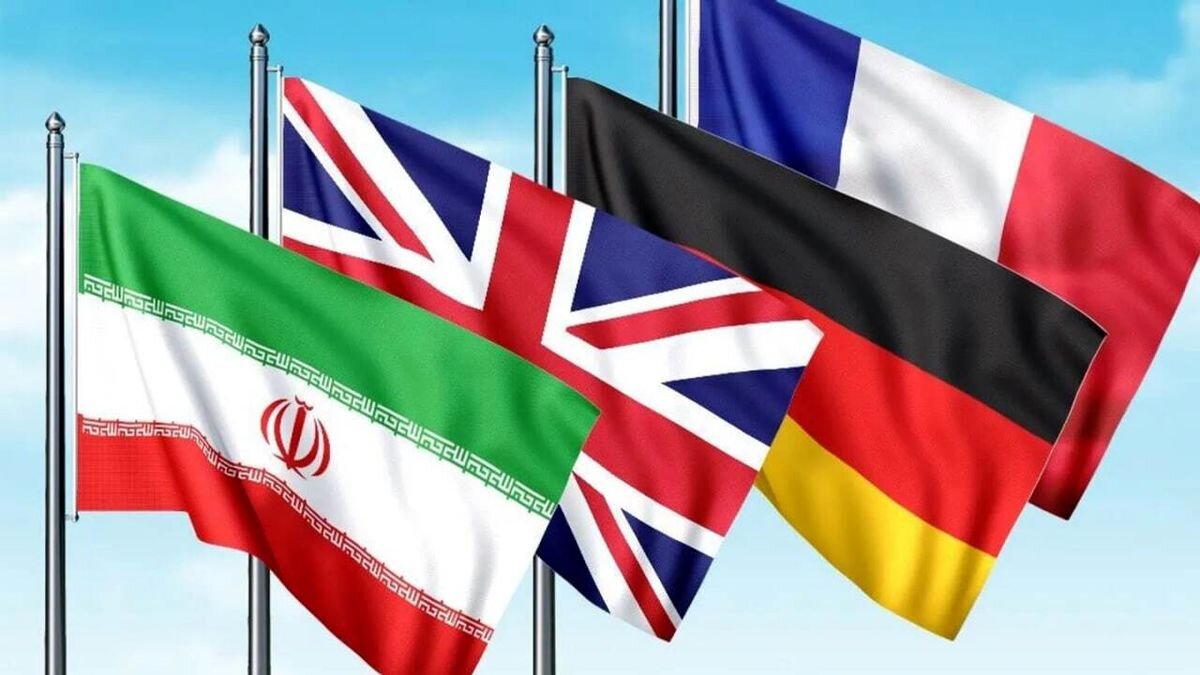Iran, European troika to resume nuclear talks amid rising tensions: report

TEHRAN – Tehran and the European troika (E3) of France, Germany, and Britain have reportedly agreed in principle to resume negotiations over Iran's civilian nuclear program, though critical details regarding timing and location remain unresolved.
According to the Tasnim News Agency, the talks—expected to occur at the deputy foreign minister level—aim to revive diplomatic efforts suspended since June's military escalation.
While the hosting country remains undecided, the dialogue marks a tentative step toward de-escalation following months of provocative maneuvers and inflammatory rhetoric by the E3, particularly as the planned meeting would mark Iran’s first in-person engagement with Western powers since the halt in fighting during the U.S.-Israeli 12-day war on Iran.
The development follows a teleconference on Thursday between Iranian Foreign Minister Abbas Araghchi and his European counterparts alongside EU Foreign Policy Chief Kaja Kallas.
Araghchi explicitly demanded that the E3 abandon their "worn-out policies of threat and pressure," particularly the looming activation of the UN sanctions "snapback" mechanism.
"If EU/E3 want to have a role, they should act responsibly and put aside these policies," he declared, emphasizing that Europe lacks "absolutely no moral and legal ground" to trigger snapback.
Snapback sanctions—which would automatically reinstate stringent UN measures including arms embargoes, asset freezes, and travel bans—have become a focal point of contention.
European powers, with coordination of U.S., had earlier set an end-of-August deadline for Iran to demonstrate compliance with nuclear obligations, warning they would initiate the snapback process unless Tehran delivered "concrete results."
Araghchi, however, squarely blamed the U.S. for the collapse of diplomacy, stating: "It was the U.S. that withdrew from a two-year negotiated deal. And it was the US that left the negotiation table in June this year and chose a military option instead."
Iran’s Special Envoy for West Asia, Mohammad-Reza Raouf-Sheibani, echoed this defiance, telling Al Mayadeen that Tehran "will not back down in the face of any Western pressure or threats to activate the snapback mechanism."
Citing the recent 12-day War, Sheibani dismissed coercion as ineffective: "Western military pressure during the twelve-day war yielded no results, and any other form of pressure will not force Iran to retreat."
The push to resume talks occurs against a backdrop of maximalist U.S. demands. In April, U.S. Envoy Steve Witkoff reversed Washington’s earlier stance by insisting Iran "must stop and eliminate its nuclear enrichment program"—a nonstarter for Tehran, which maintains its right to peaceful nuclear technology.
Leave a Comment